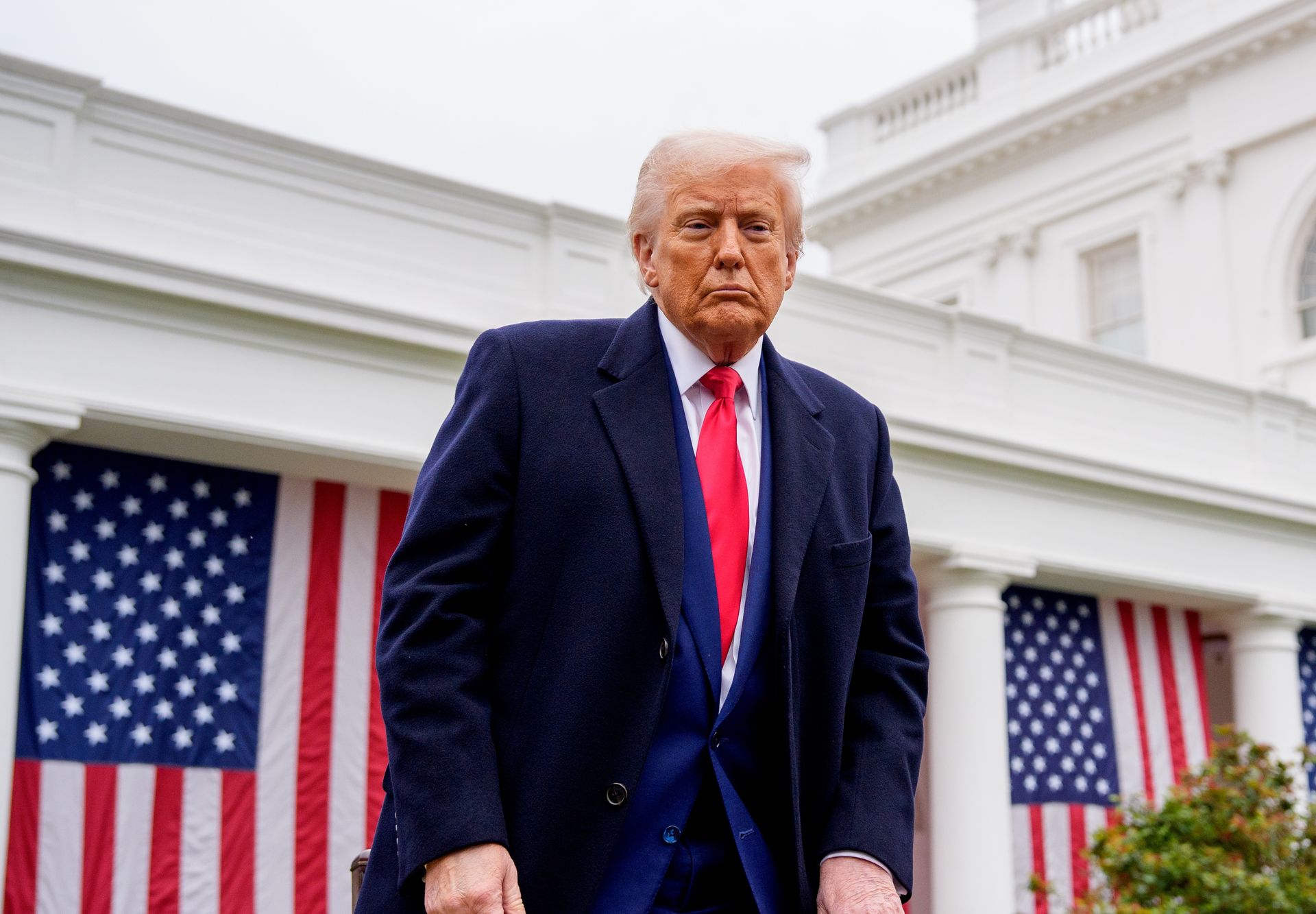China rejects US demands to halt Russian, Iranian oil imports

China is pushing back against U.S. demands to stop purchasing oil from Russia and Iran, the Associated Press reported on Aug. 4.
Beijing insists it will continue to secure its energy supplies based on national interests despite pressure from Washington and the threat of punitive tariffs.
U.S. President Donald Trump threatened to impose secondary sanctions on Russia's oil buyers, unless Moscow agrees on a ceasefire before Aug. 8.
"China will always ensure its energy supply in ways that serve our national interests," Beijing's Foreign Ministry said in a post on X on July 30, following two days of trade negotiations in Stockholm. "Coercion and pressuring will not achieve anything. China will firmly defend its sovereignty, security and development interests."
U.S. Treasury Secretary Scott Bessent said that China's continued purchases of Russian oil remain a key sticking point in trade talks between the two countries.
"The Chinese take their sovereignty very seriously," Bessent reportedly told reporters after the talks. "We don't want to impede on their sovereignty, so they would like to pay a 100% tariff."
The U.S. wants to cut off key revenue streams for both Moscow and Tehran as Russia continues its war in Ukraine and Iran supports militant groups in the Middle East. China appears unwilling to treat energy purchases as negotiable, according to the Associated Press.
China's firm stance comes as other countries appear to be shifting under U.S. pressure.
India's largest oil refiner, Indian Oil Corp (IOC), has paused Russian crude purchases and instead bought 7 million barrels of U.S., Canadian, and Middle Eastern crude for September delivery, according to Reuters.
Two industry sources told Reuters the move was partly to replace Russian supplies amid growing Western sanctions.
In a post on Truth Social on Aug. 4, Trump once again criticized India's imports of Russian oil.
"India is not only buying massive amounts of Russian oil, they are then, for much of the oil purchased, selling it on the open market for big profits," Trump wrote. "They don't care how many people in Ukraine are being killed by the Russian war machine. Because of this, I will be substantially raising the tariff paid by India to the U.S.A."
Senator Lindsey Graham is also pushing legislation that would allow tariffs as high as 500% on countries that continue purchasing Russian energy. The bipartisan bill, introduced in April, has 84 co-sponsors in the Senate and a parallel version in the House.
China shows no signs of retreating. In previous trade disputes, it was the only country to retaliate directly against U.S. tariffs — and appears prepared to do so again, the Associated Press reports.
China remains one of Russia's key allies. Following a July 15 meeting in Beijing with Russian Foreign Minister Sergey Lavrov, Chinese President Xi Jinping vowed to expand the strategic partnership, calling it "a model for a new type of international relations."
Xi emphasized that mutual trust had "deepened" and urged both sides to "strengthen mutual support on multilateral forums."
Despite Beijing's claims of neutrality in the Russia-Ukraine War, China has emerged as a critical economic and technological lifeline for Moscow. According to Ukraine's sanctions commissioner, Vladyslav Vlasiuk, China is now the largest supplier of dual-use components found in Russian weapons, including Shahed-type drones recovered in Ukraine.
President Volodymyr Zelensky has sanctioned five Chinese companies accused of supplying drone parts, while Chinese Foreign Minister Wang Yi reportedly told EU officials that Beijing "cannot afford for Russia to lose the war."













